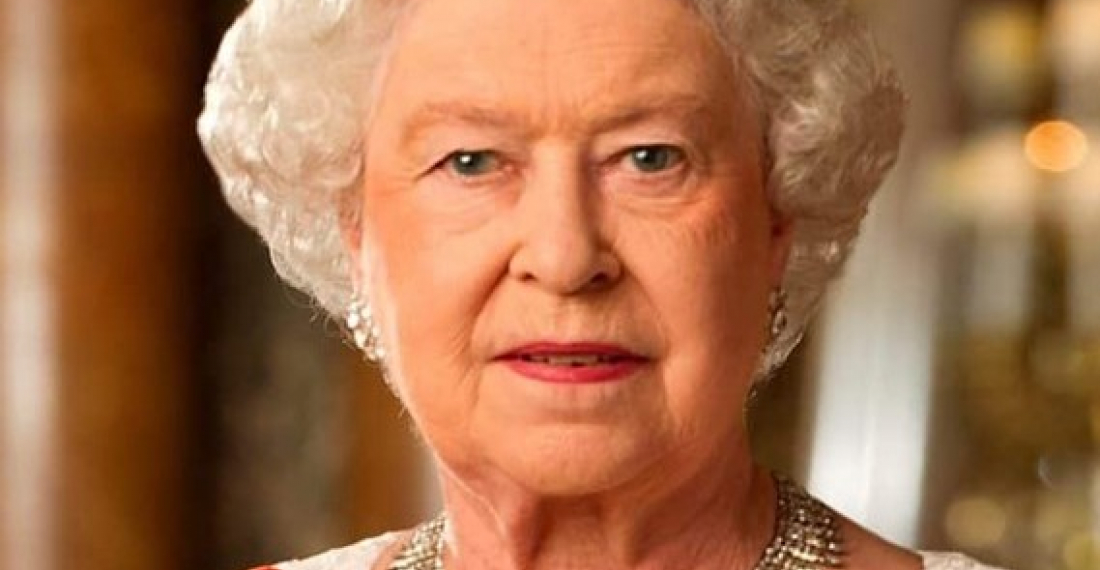Queen Elizabeth II, Monarch of the United Kingdom and 14 other countries, including Canada, Australia and New Zealand, and Head of the British Commonwealth died this afternoon at Balmoral Castle in Scotland at the age of 96.
She had been on the throne for seventy years. Her last official act was to swear in a new British Prime Minister on Tuesday.
The Queen came to the throne in 1952 and oversaw the end of the British Empire. She witnessed enormous social change in the country. But she remained enormously popular and respected with all strata of British society and across the world.
With her death, her eldest son Prince Charles, the former Prince of Wales, immediately filled her place as King.
In a statement, Buckingham Palace said: "The Queen died peacefully at Balmoral this afternoon.
"The King and the Queen Consort will remain at Balmoral this evening and will return to London tomorrow."







